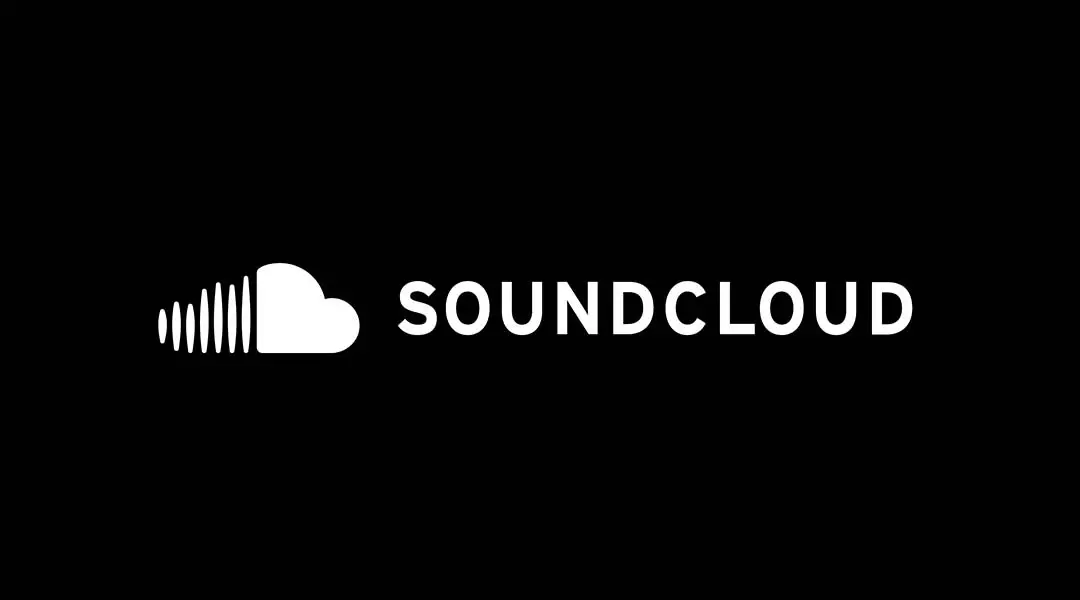In a stealthy maneuver that has attracted the scrutiny of tech ethicist Ed Newton-Rex, SoundCloud has revisited its terms of use, accentuating its intent to harness user-generated content for artificial intelligence training. This policy transformation introduces a clause permitting SoundCloud to “inform, train, [or] develop” AI using audio uploaded to their platform. As part of their updated terms, which date back to February 7, users are now required to give explicit consent for their artwork to be employed as learning material for machine intelligence technologies. This raises a significant question: are creators truly aware of the implications of this consent?
The Ethics of AI Training
SoundCloud’s latest update serves as a pivotal example of an ongoing trend among digital platforms that blur the lines between creator rights and corporate interests. As these platforms increasingly lean on AI capabilities, the ethical gray areas surrounding consent, compensation, and accountability grow murkier. A notable feature of SoundCloud’s policy is its designated exceptions for content governed by specific agreements with third-party rights holders, necessitating a closer examination of how such provisions protect individual creators compared to major label interests. This aspect speaks volumes about who holds the bargaining power in the relationship between platforms and the artists who supply the very content that fuels them.
The Absence of an Opt-Out Mechanism
In a climate laden with concerns over creator agency, the lack of an explicit opt-out option for users on SoundCloud raises alarms. The absence of user-friendly controls highlights a pervasive issue across digital platforms—an inherent power imbalance favoring corporations over individual creators. Users may inadvertently forfeit control over their work without a clear mechanism to withdraw their consent. The existing paradigm, where users must actively search for ways out of a system designed to utilize their contributions, poses an ethical dilemma that can undermine trust and foster resentment among the very individuals these platforms seek to engage.
The Bigger Picture: A Trend of Exploitation?
SoundCloud is not alone in this controversial shift. Similar policy changes are rippling through other platforms, with notable examples including Elon Musk’s X and LinkedIn, both of which have amended their terms to permit third-party AI training using user-generated content. YouTube’s recent allowance for third parties to harness user clips for AI training encapsulates this growing trend. Collectively, these developments prompt a vital dialogue about the appropriate balance between innovation and exploitation. Many users passionately argue for an opt-in model that fosters transparency and equitable compensation, calling for the right to choose how their contributions are utilized.
The Future of Creative Freedom
As SoundCloud and similar platforms make strides into AI integration, they stand at a crossroads between empowering artists and exploiting their labor. The pathway forward necessitates a conscious effort to place creators’ rights at the forefront of innovation. If platforms can build mechanisms that genuinely prioritize consent and equitable-sharing practices, they could foster a collaborative ecosystem where creativity flourishes alongside technological growth. However, should these entities continue along the present trajectory, they risk alienating their user base and undermining the very foundation upon which their success is built—trust, respect, and a commitment to the creative community.

